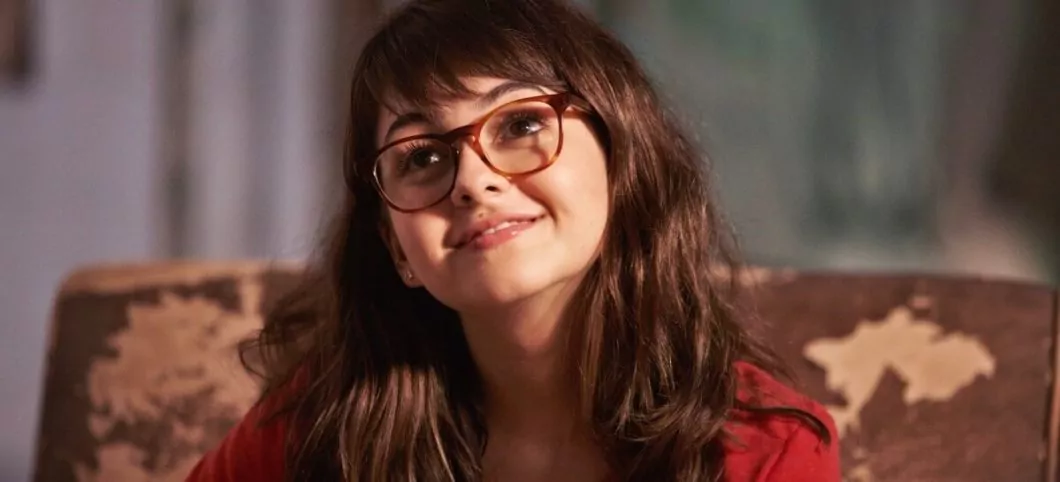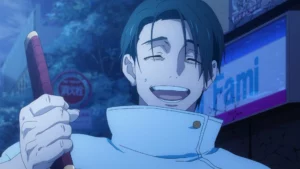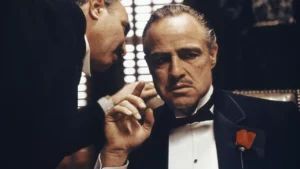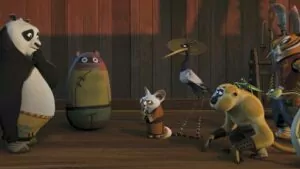Confessions of an Invisible Girl or ” Confissões de uma garota excluída” is a Portuguese teen drama film starring Klara Castanho and directed by Bruno Garotti. The movie is based on the book of the same name, written by Thalita Rebouças. It will be available on Netflix from September 22nd, 2021.
Confessions of an Invisible Girl cast
- Klara Castanho as Tetê (Teanira)
- Gabriel Lima as Davi
- Marcus Bessa as Zeca
- Júlia Gomes as Valentina
- Fernanda Concon as Laís
- Luca Picon as Erick
- Kíria Malheiros as Samantha
- Leonardo Cidade as Gustavo
- Ciao Cabral as Dudu
- Jade Cardozo as Ingrid
Confessions of an Invisible Girl plot
Teanira ‘Tetê’ is an awkward but smart teenager who’s a social outcast wherever she goes. When her father loses his job, Tetê’s family moves to her grandparents’ house, and Tetê has to change schools. In her new school, Tetê wishes to finally have a normal social life, but that isn’t the easiest task because of her socially awkward behaviour, her family being a little too involved in her life and the popular girl at school marking a target on Tetê’s back.

Confessions of an Invisible Girl Review
To be honest, the first look of the movie did earn an eye roll from me. On the surface, the movie seems like your typical highschool movie- never been done before, except maybe a couple hundred times.
Picture this- we have an awkward teenager with glasses, who seems to have trouble fitting in because of her nerdy appearance. But one day she takes off her glasses and viola, she’s no longer a nerd. She’s the most beautiful woman you’ve ever laid eyes on. Sounds familiar? I’m sure it does.
I’ve just summed up the plot of fifteen different rom-com movies. And naturally, because of the way it was initially presented, I started the movie with certainty that this would be the sixteenth. However, I’m pleased to admit that I was proved wrong on more than one occasion while watching Confessions of an Invisible Girl.
Tetê is not an introvert who sticks to herself and grumbles about not being like the ‘others’, whatever that means. Rather she’s a social being who is cast out by general society and even made fun by others for some of her ‘quirks’. She craves a normal social life and even a romance, and often jumps the gun when it comes to falling in love.
Her quirks or ‘character flaws’ are not restricted to glasses and paint on her clothes- Yes, I’m looking at you, Laney Boggs. Her little situation of her being caught in this circle of ‘being socially awkward equals no social life, but no social life means becoming more socially awkward’ is actually something many teenagers can relate to. That, and her nervous sweating. I feel you, girl.
The movie also undoes some cliches. For instance, the makeover scene is not some big dramatic moment for others to see Tetê in a different light. Heads didn’t turn as she walked in, and there were no double-takes from the other kids. Sure, she receives compliments, but so does everyone when they’re all dressed up.
The makeover scene has little significance in the overall story, or the party scene itself. It also has very little significance in Tetê’s character growth. In the end, it’s really just a teenage girl getting ready for a really big party. Additionally, it helps uncover the superficial nature of one character instead of making it a ‘FINALLY!’ moment for our adorable protagonist.
Tetê as a protagonist was adorable. Klara Castanho did a great job of portraying the naive, awkward, teenager who is desperate for a social life. Overall, the acting in the movie was good, and convincing for the most part. Not that the story demanded a lot of depth or conviction. Given the tone and pitch of the movie, everyone in the movie was believable.
Even though Tetê gets caught up in a bit of a love triangle, it’s not overly dramatized and everything falls into place without making her choice the biggest focus of the story. It’s worth appreciating that her friend Davi has a platonic relationship with her throughout, and their interactions come across as natural and organic. I don’t know how many more ‘falls in love with the best friend’ storylines I can handle.
Tetê’s family situation struck a chord with me. They weren’t vicious, strict or negligent, which is almost always the reason for socially anxious teenagers in movies. Not that strict or negligent families don’t exist, but it’s certainly not the story of every single household. Her folks and grandparents genuinely want the best for her and do their best to help her. Problem is that their way of helping sometimes does more harm than good.
That’s a family situation not addressed a lot- it’s harder to tell off your family or get mad at them for messing things up when you know they mean no harm. She loves them, but sometimes she doesn’t particularly love the way in which they love her. That’s a more nuanced portrayal than grouping grown-ups into very cruel and very supportive.
I did have some issues with the characterization of Zeca, another friend of Tetê, at least with the way he was introduced to us. When we first meet him, Zeca seems a little too flirtatious with all the guys in class and extremely judgmental about looks, which is precisely how you don’t introduce a gay character. I mean, I really thought we were past the stereotyping.
However, for the rest of the movie Zeca is a regular guy whose sexuality is just part of who he is. He is wise, always there for his friends, and even chides Tetê for judging her own looks. He’s such a great character in the entire movie, which makes me absolutely hate his introductory scene and the inconsistency of it all.
Stereotyping is also an issue with some other characters. The blonde is still the bully and the brunette is still bullied, no difference there. The surfer guy is, as always, academically lacking. If only they’d have switched it up for once, and hadn’t matched physical traits with personality traits.
The messaging in the movie is a double edged sword. I am impressed with the more humane take on bullying and bullies, and the portrayal of the fact that the social hierarchy in highschool is so stringent that you are either the bully or the bullied. But in a few instances, it almost appears to be excusing bullying rather than educating us about it.
There are moments in the movie that hint at the fact Tetê’s greatest concern is her self-victimization or how she’s a ‘drama queen’. This seems to be dismissing her reactions as being dramatic rather than just reacting to natural human emotions. But then again, on occasion the moral appears to be about stepping out of our comfort zones.
If they meant it to be the latter, they could’ve done a better job at portraying it, since it leans towards the possibility of being the former more often. The movie does slide in a tiny moment about consent though, which I liked.
The movie ends on a happy note, a little too happy for my taste. Then again, for a feel-good teen drama-comedy, it’s probably the best kind of ending.
The Movie Culture Synopsis
‘Confessions of an Invisible Girl’ is a cute, fun watch for a rainy day. The comedy might make you laugh and give you secondhand embarrassment on behalf of the characters at the same time. The actors have done a good job at making the audience care about the characters they’re portraying.
All in all, if you’re into light-hearted high school stories then do check out this teen flick.



